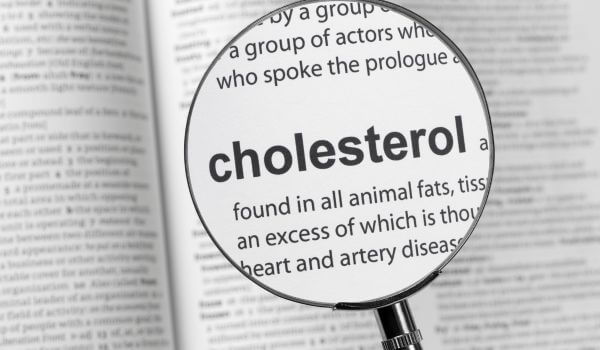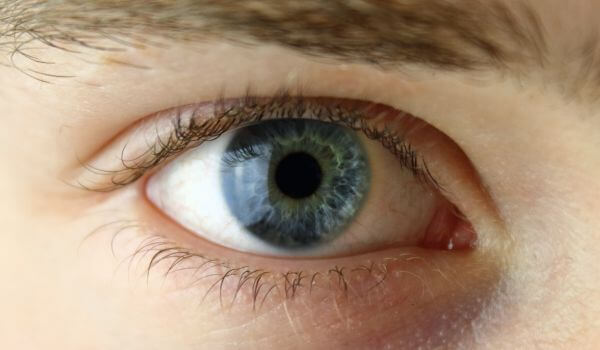
Music therapy isn’t the same as just listening to music for fun. It’s a professional practice backed by research that uses music to help people improve their health and well-being. Music therapists are trained musicians who study how music influences emotions, thoughts, and behaviors.
Music therapy is beneficial for people of all ages and backgrounds. It helps those dealing with conditions that affect emotions, thinking, behavior, communication, or movement. This includes individuals with autism, mental health issues, physical disabilities, dementia, strokes, and neurodegenerative diseases.
Certified music therapists can work with all populations, from newborns to seniors, and provide support in various settings, such as hospitals, healthcare facilities, prisons, and private clinics. No musical skills are required to benefit from music therapy. Even the most tone-deaf among us can benefit from music therapy!
How does music therapy help?
Music therapy led by certified therapists has been shown to improve health, quality of life, and overall experiences for individuals dealing with various health conditions. Research has found that music therapy can enhance:
- Mental health and emotional wellbeing
- Speech, communication, and social skills
- Physical movement, coordination, and function
- Memory, focus, and cognitive abilities
- Pain management
The growing acceptance of music therapy as a treatment option is largely due to emerging scientific evidence. Studies consistently show how patients benefit when music is used in a therapeutic setting.
Music therapy throughout the years
Music has been connected to human life since the earliest civilizations, evolving alongside cultures. For example, ancient groups like early Native Americans used music in many aspects of life. They believed music could help them connect to their gods and nature and used it for healing and bringing people together. It was common for tribes to gather to chant, dance, and pray to help heal sick members of the community.
The idea that music can help heal and influence behavior goes back to ancient times, with philosophers like Aristotle and Plato writing about it. In the United States, music therapy became an official form of treatment after World War II. During this time, doctors and nurses noticed how patients reacted positively to music, using it as a way to handle both physical injuries and emotional trauma from the war. Seeing its benefits, efforts began to create educational programs to train people to use music as a therapy in medical settings. Today, music therapists use advanced tools and techniques to help patients meet their individual needs and goals.
The emotional effects of music therapy

Research shows that music triggers the release of chemicals in the body that can improve mood. Music therapists use this to help patients as part of their medical treatment. Two important chemicals involved are dopamine and endorphins, which play a role in supporting emotional well-being.
Dopamine is often called the “feel-good” chemical. It is a hormone that activates the brain’s pleasure centers. It’s released as a reward when basic needs like eating or sleeping are met. Interestingly, listening to music can also trigger dopamine release, which helps people feel good and motivates them to repeat enjoyable activities.
Endorphins are hormones that create feelings of happiness and even euphoria. Commonly associated with the “runner’s high,” endorphins can also be released by listening to music. They not only boost mood but are also known to help reduce pain.
The physical effects of music therapy
Research into how the body responds to music therapy is still developing, but recent studies show that it can help speed up recovery and reduce pain by triggering the release of certain chemicals in the body. This is especially helpful for children and infants who may not be able to take pain medication or explain where they feel discomfort.
One example is endorphins, which are natural pain relievers. Listening to music can boost the release of endorphins, creating a happier emotional state and blocking pain signals, similar to how painkillers like morphine work.
Another example is immunoglobulin A, a type of cell that fights off viruses and other harmful agents in the body. Studies show that music can increase the number of these cells, strengthening the immune system and helping the body recover more effectively.
Cortisol, a stress hormone, is also affected by music. Relaxing music has been shown to significantly lower cortisol levels, which can reduce anxiety and stress in patients before, during, or after medical procedures.
In addition to chemical changes, music can influence the body’s physical responses. For instance, it can impact heart rate and blood pressure, as the body naturally responds to rhythm. Since the human body is wired to follow patterns, it’s no surprise that music can help regulate these functions in a medical setting.
Music has been found to affect blood pressure by helping to reduce it when people listen to calming rhythms and sounds. Over time, listening to relaxing music can ease tension in the body, including the muscles of the heart.
It can also influence heart rate. For example, upbeat songs with fast tempos can cause the heart to beat faster, while slower, soothing music can help slow it down.
Music therapists use the science behind music to help treat different injuries and illnesses. Understanding how music affects the body and emotions can help create feelings of happiness, lower heart rates, and encourage relaxation. These techniques are often used in medical settings to support healing and well-being. It is a powerful tool and has helped a wide range of people, from premature babies to elderly individuals and many others in between. Music therapy offers a way to blend standard medical care with gentler, non-invasive methods.
FAQs
How does the music therapy work?
Music therapy involves listening to music, playing instruments, singing, or even dancing to music.
What happens to the brain during music therapy?
Listening to and playing music can help the brain adapt and change, which can improve a person’s quality of life and how well they function. Studies show that music stimulates areas of the brain responsible for thinking, movement, and speech by using connected neural pathways.
Are there negative effects of music therapy?
Most research on music-based treatments shows no harmful effects. However, listening to very loud music can cause hearing damage over time.
Can music heal trauma?
Music can help people and communities deal with trauma in different ways, such as through music therapy, group music programs, or simply listening to music on their own.
















